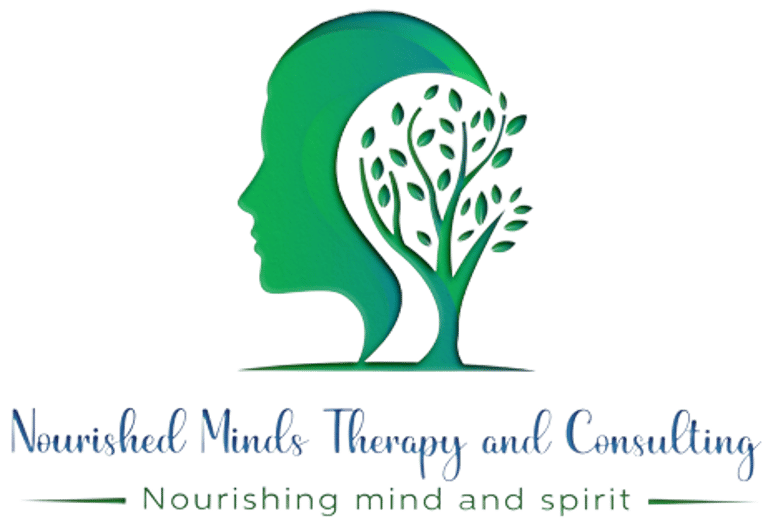Now scheduling EMDR Intensives!
Understanding Perfectionism as a Mental Health Stressor
Perfectionism, often celebrated as a sign of high standards and ambition, can become a significant mental health stressor when it shifts from healthy striving to an endless pursuit for achievement, recognition, or respect. This form of perfectionism, also known as clinical perfectionism, is rooted in the fear of failure, harsh self-criticism, and the belief that self-worth is contingent upon achieving some standard of perfection. Most people who may struggle with clinical perfectionism don't think they have to be "perfect" in the literal sense, but if they reflect on their severe emotional or somatic response to not meeting expectations, or notice a pattern of distress when the goal post somehow keeps moving, they may find this trait runs deeper than just being "driven." While many people associate perfectionism with success, its impact on mental health can be profound, contributing to anxiety, depression, low self-esteem, and burnout.
The Mental Health Impacts of Perfectionism
Perfectionism manifests in various ways, including:
Overworking and Burnout: Perfectionists may feel the need to overprepare, redo tasks repeatedly, or obsess over details, leading to chronic stress and burnout.
Fear of Failure: The fear of making mistakes can be paralyzing, often resulting in procrastination or avoidance of tasks altogether.
Harsh Self-Criticism: Perfectionists often have an internal critic that magnifies perceived shortcomings, fueling feelings of inadequacy and shame.
Impaired Relationships: Striving for perfection can strain relationships, as individuals may impose unrealistic standards on themselves and others.
Mental Health Disorders: Perfectionism is strongly associated with anxiety, depression, obsessive-compulsive tendencies, and eating disorders.
Understanding these impacts is the first step toward healing. Fortunately, several therapeutic approaches offer powerful tools to help individuals address the underlying causes of perfectionism and develop healthier coping mechanisms.
A Holistic Approach to Overcoming Perfectionism
While EMDR, CBT, ACT, and mindfulness each offer unique benefits, combining these approaches often provides the most effective treatment for perfectionism. A holistic approach might include:
EMDR to address the root causes and emotional wounds driving perfectionism.
CBT to reframe unhelpful thought patterns and test new behaviors.
ACT to embrace imperfection and align actions with personal values.
Mindfulness to cultivate self-compassion and reduce the grip of perfectionistic thinking.
By addressing perfectionism from multiple angles, individuals can experience profound and lasting change.
Moving Toward a Healthier Perspective
Overcoming perfectionism is not about abandoning high standards or ambition. It’s about redefining success, embracing imperfection, and cultivating a sense of worth that isn’t tied to achievements. With the right therapeutic support, individuals can learn to quiet their inner critic, set realistic goals, and focus on what truly matters.
Contact Us
Nourished Minds Therapy offers several empirically based treatment approaches that have been proven effective in working through perfectionism. Visit our Therapeutic Approaches Page or Contact Me to find out how we can tailor a plan to support your mental wellness. Together, we can help you overcome perfectionism and live a life rooted in self-compassion and authenticity.







